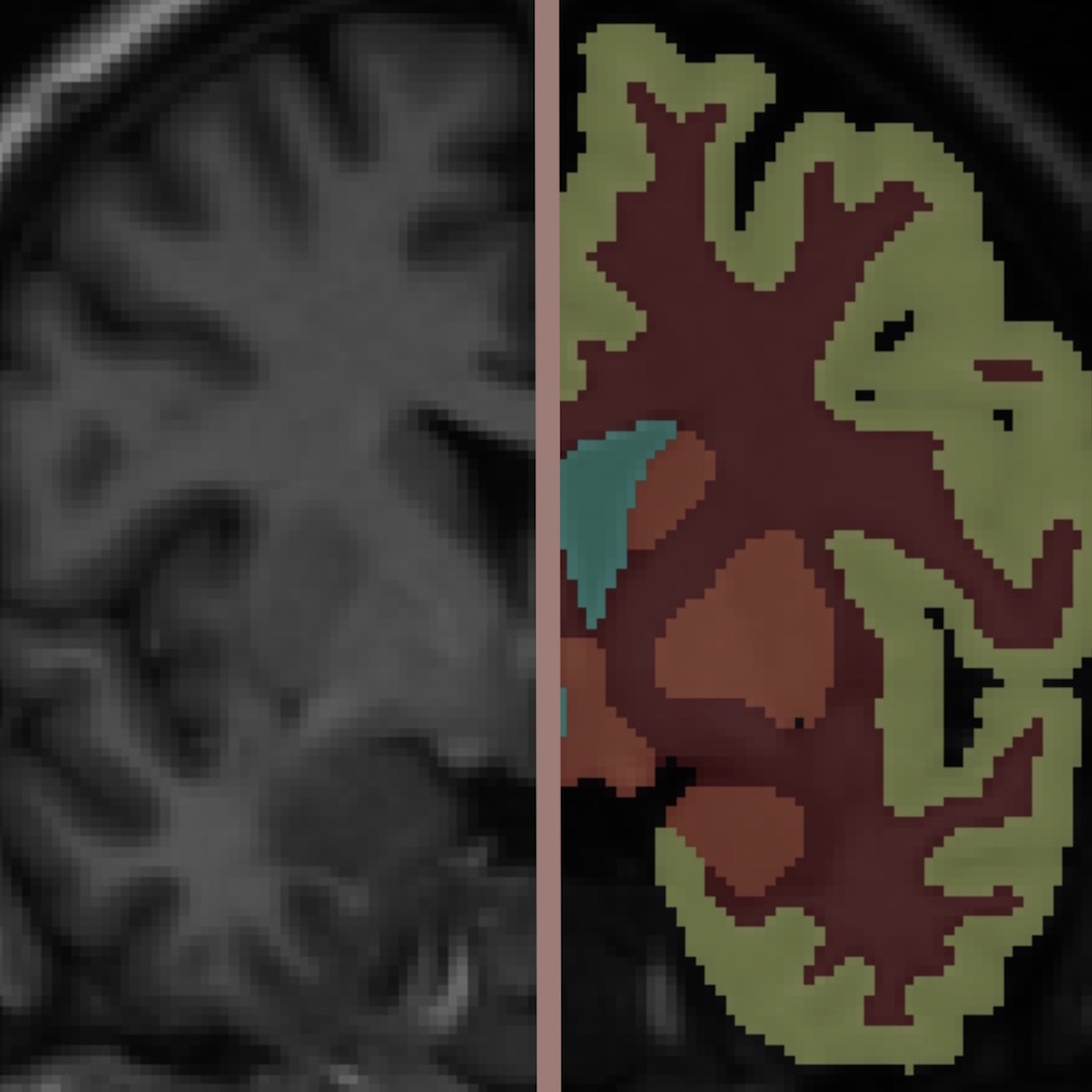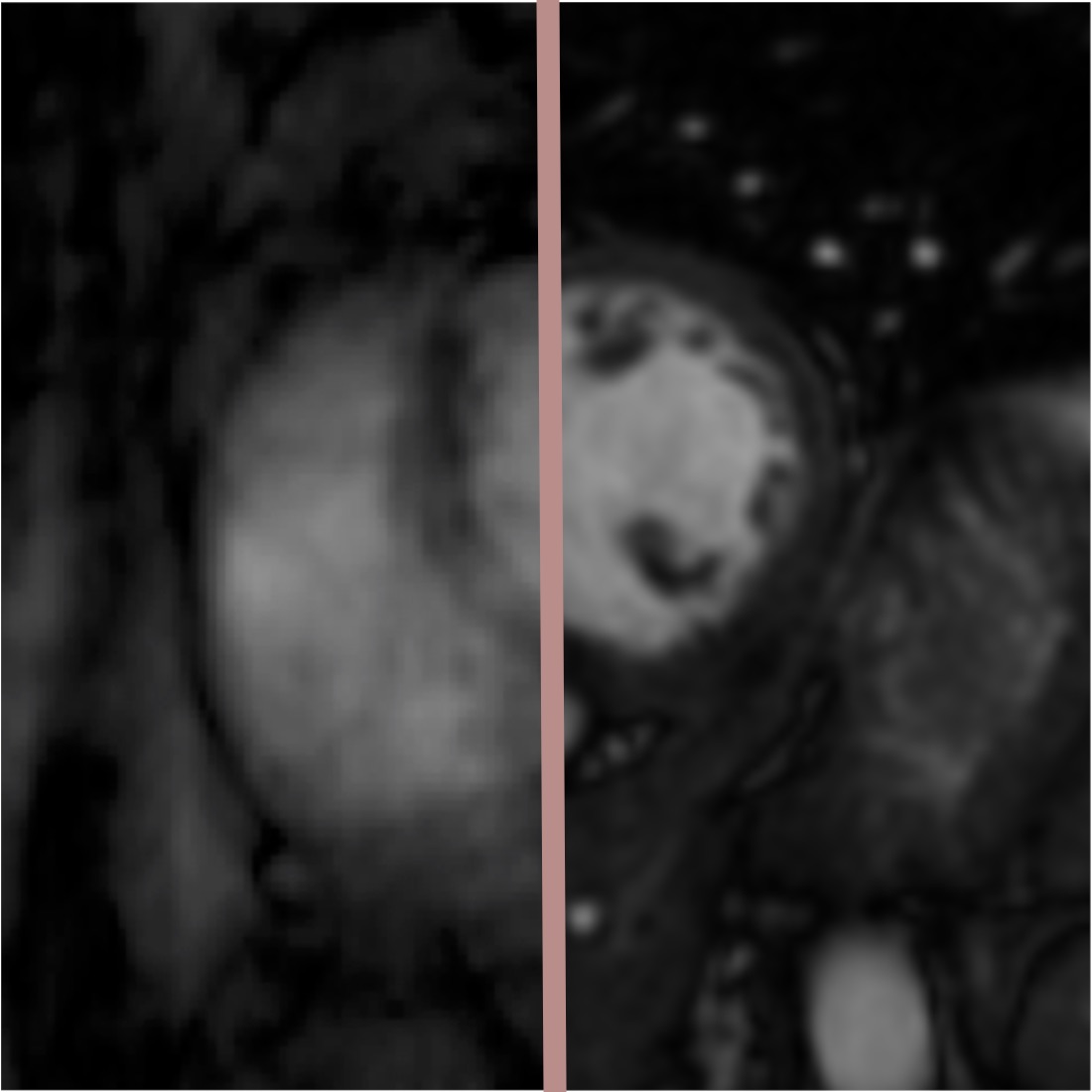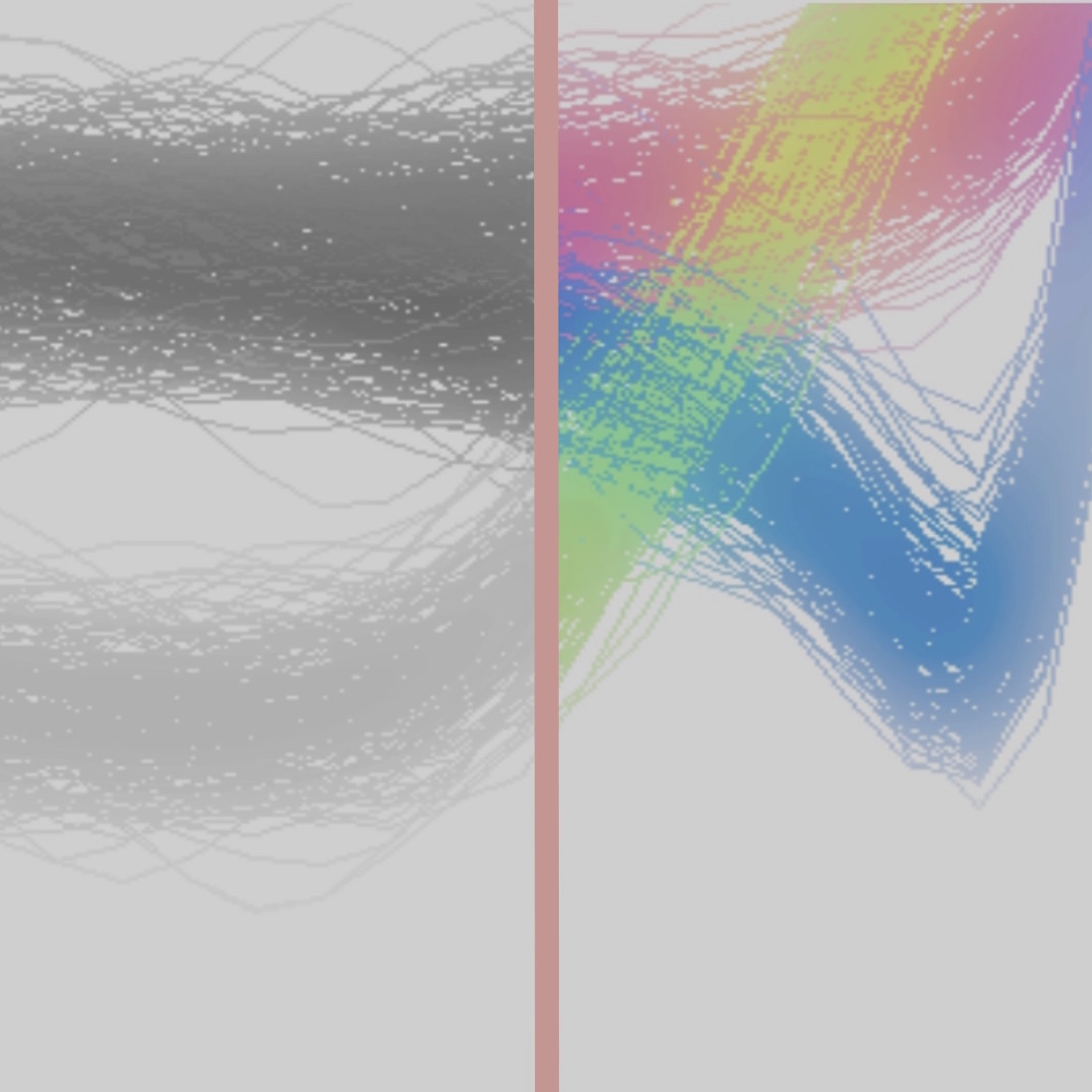
Bio
I am a computer vision researcher interested in the modelling of data that is scarce or expensive to acquire. As part of my work I have explored deep learning, compressed sensing and dictionary learning, and applied it to problems in social media, digital communications, medical imaging and neural recordings.
In 2015 I joined Magic Pony Technology, which was later acquired by Twitter. During my time in Magic Pony I worked on the design and development of real-time super-resolution algorithms for mobile devices, and at Twitter I worked on methods for video compression and enhancement, as well as machine learning solutions to process media content.
I completed my Ph.D. studies in the Biomedical Image Analysis (BioMedIA) group at Imperial College London under the supervision of Prof. Daniel Rueckert and Prof. Jo V. Hajnal. The objective of my work was to reduce magnetic resonance imaging scan time with compressed sensing reconstruction algorithms. Before this I completed an M.Sc. in Communications and Signal Processing and an M.Eng. degree in Electrical and Electronic Engineering also at Imperial College London.
Contact: E-mail - LinkedIn - Twitter - Google Scholar - Github
Research

Super-resolution
Super-resolution is the process through which low-resolution data is processed to estimate its high-resolution equivalent. This work proposes a new architecture of deep neural networks to achieve real-time super-resolution, and introduces a new training paradigm that produces photo-realistic super-resolved images. [Read more]

Application-driven MRI
The traditional imaging pipeline for extraction of clinical information (acquisition, reconstruction and analysis) is prone to error propagation and inefficiencies. In application-driven MRI we investigate joint acquisition and data analysis frameworks leading to imaging paradigms that can more reliably extract the relevant clinical information sought in imaging data. [Read more]

Fast MRI
Magnetic Resonance Imaging acquisition is inherently a slow process but can be accelerated by compressed sensing under the assumption that imaging data is redundant. In this project we apply dictionary learning methods to dynamic MR to learn spatio-temporal sparse domains from cardiac cine data enabling high acceleration rates. [Read more]

Spike sorting
Spike sorting assigns individual neural spikes in a neural activity recording with specific neurons. Scaling this operation to a large number of neurons enables a comprehensible analysis of brain connectivity but its acquisition is expensive. We develop an efficient acquisition algorithm combining results from finite rate of innovation sampling and compressed sensing for efficient neural spike sampling. [Read more]
Publications
The following is a selection of my publications. For a full list please visit my Google Scholar page.
Smile, be Happy :) Emoji Embedding for Visual Sentiment Analysis Z. Al-Halah, A. Aitken, W. Shi, J. Caballero, ICCV CroMoL workshop, 2019 [arXiv]
Real-time video super-resolution with spatio-temporal networks and motion compensation J. Caballero, C. Ledig, A. Aitken, A. Acosta, J. Totz, Z. Wang, W. Shi, CVPR, 2017 [arXiv]
Real-time single image and video super-resolution using an efficient sub-pixel convolutional neural network W. Shi, J. Caballero, F. Huszar, J. Totz, A. Aitken, R. Bishop, D. Rueckert, Z. Wang, CVPR, 2016 [arXiv]
Dictionary Learning and Time Sparsity for Dynamic MR Data Reconstruction J. Caballero, A. Price, D. Rueckert, J. V. Hajnal, TMI, 2014 [pdf]
Dictionaries for fast and informative dynamic MRI acquisition J. Caballero, Ph.D. Thesis, 2015 [pdf]